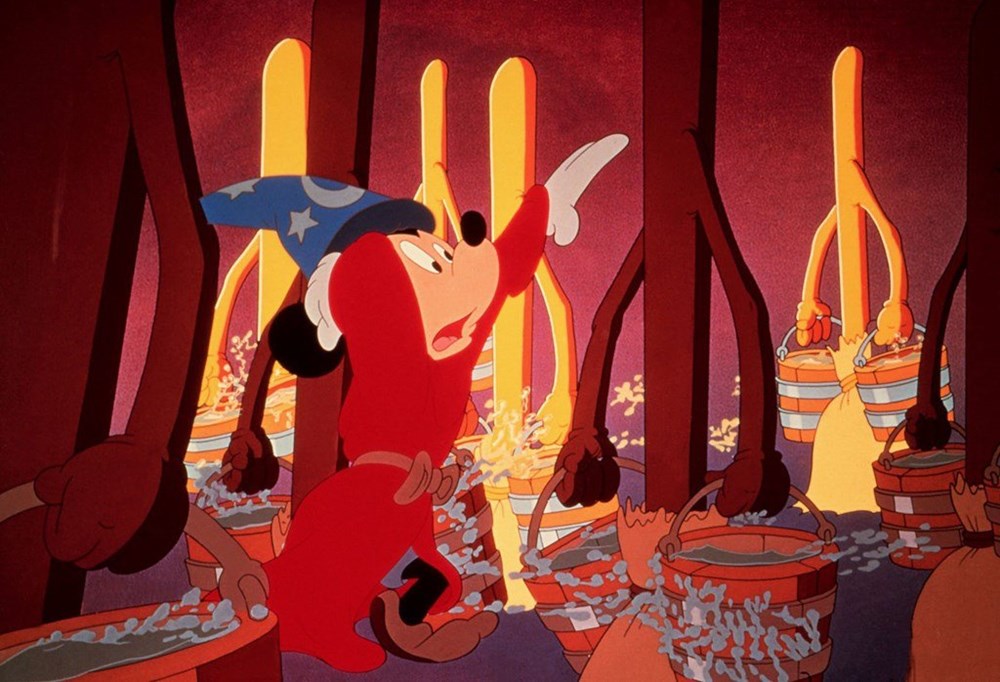
In the late 1800s, two German philosophers described the awesome (in the original sense of the word) power of “free competition” as they called it.
They remarked that, what we might call market-based economies today, had unleashed in humans a productive capacity not only unseen before, but completely surpassing imagination.
In 1848 they remarked that free competition “has created more massive and more colossal productive forces than have all preceding generations together. [….] — what earlier century had even a presentiment that such productive forces slumbered in the lap of social labour?”
These German philosophers were, of course, Karl Marx and Friedrich Engels. The quote above is from The Communist Manifesto.
They understood clearly, as we do now, that using competitive markets as a way to organise the work that people do is the most powerful enabler of productive capacity we have yet discovered.
Their concern was that this process was so powerful and so unwieldy that we had unleashed a force we couldn’t control, “like the sorcerer who is no longer able to control the powers of the nether world whom he has called up by his spells.”
A Process With No Goal
Two years later, another philosopher proposed an extraordinary explanation for the diversity of life. Unlike almost all attempts at explanation before, this one did not talk about goals that organisms and species were trying to achieve, only the process by which they came about.
Millenia prior to this, Aristotle had declared that a full explanation of anything must consider its final cause, what goal it was trying to achieve, but in 1850 Darwin introduced us to the idea of evolution as a theory of life that didn’t include a goal that it was working towards.
A fundamental theory of life that only talks about process, without talking about goals. Wild stuff! Aristotle’s head would have been spinning.
Competition as an organising principle can be described in the same way. An incredibly powerful process, but one without a goal. Indeed, that’s what makes it so powerful, that the process is more important that the end-point.
This is true of the scientific method too, a powerful process for discovering the unknown outcome.
Much More Things
You can’t say that evolution is “good” or “bad”, it’s just a process. It produced all that we find wondrous in nature, and all that is “red in tooth and claw”.
The scientific process produced discoveries that led to the atomic bomb and the polio vaccine.
So too competitive markets allow us to do much more of things, whether they’re the right things or not.
It’s Just a Tool
By definition then, this process can’t be your ideology. It can’t be a philosophy you live by, a statement of how the world should be which you defend at all costs. It can only be a tool you use, when applicable, to get there. It is your vehicle, not your goal.
To describe yourself as a “free-market guy” is as meaningless as describing yourself as an “experimenter”. That’s cool, but for what?
We have wrangled the scientific process as a tool and we direct it towards our goals. We don’t know the outcomes of the experiments, but we certainly choose which experiments to run. We might not know the answer in advance, but we can aim within a range of possibilities.
Competitive markets are the greatest organisational tool we have for productivity, but their power is precisely what gives them destructive capability.
Set “free” as they have been since the 1980s leaves us in a position like the sorcerer’s apprentice, unable to direct them towards outcomes that benefit us all.
Let’s recognise them as powerful tools, not to be approached with hubris, but also not to be lauded for their own sake.


0 Comments